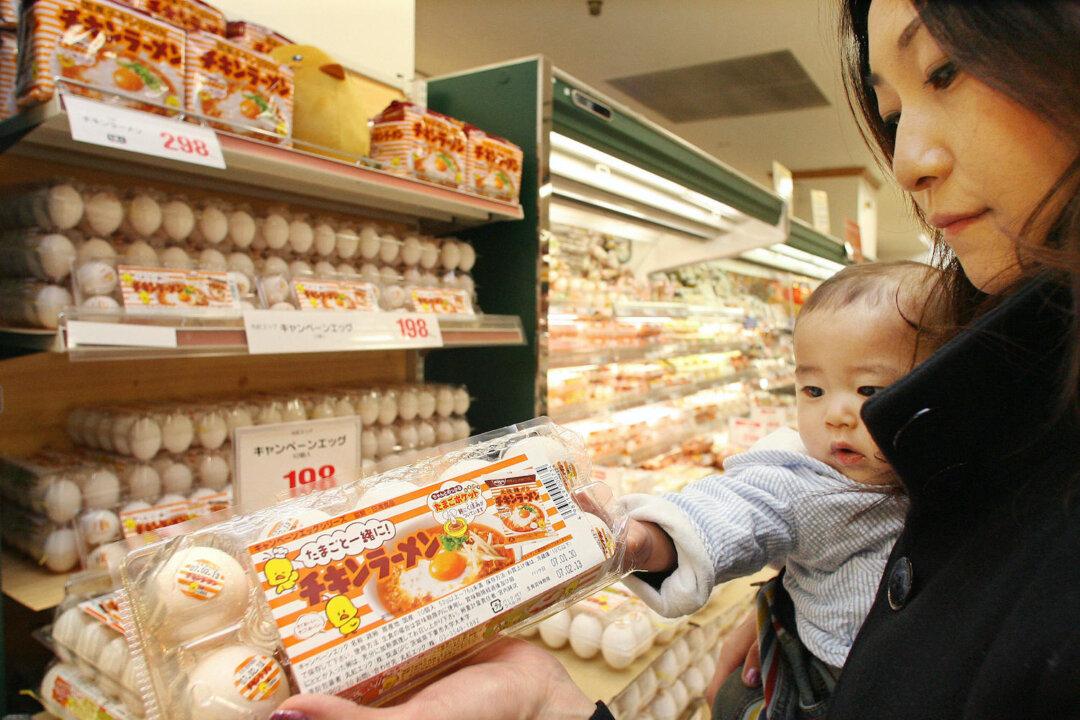Restaurant chain operators and retailers in Japan are struggling to source eggs, according to reports, as the country faces its worst avian influenza outbreak.
Teikoku Databank said that at least 18 listed restaurant chain operators in Japan, including McDonald’s Holdings Co., have temporarily stopped selling egg-related menu items as of March 5, Bloomberg reported.





